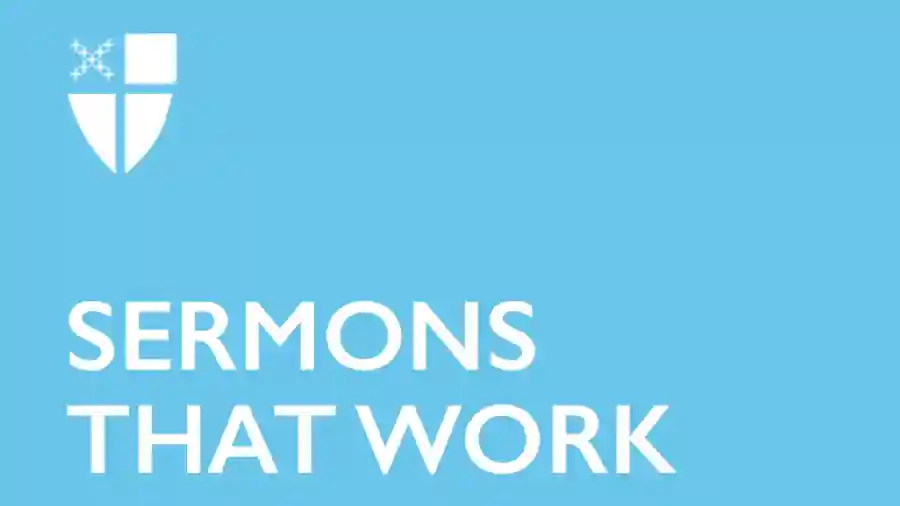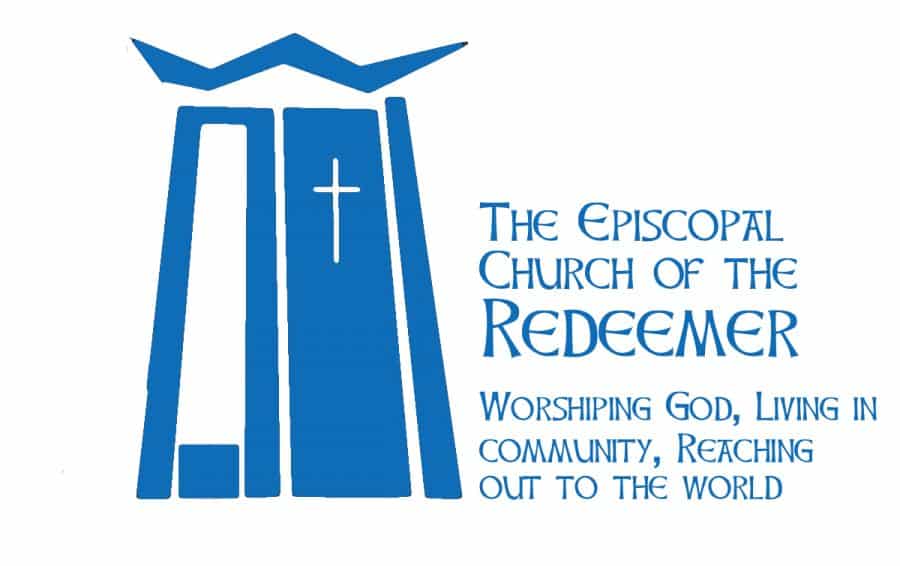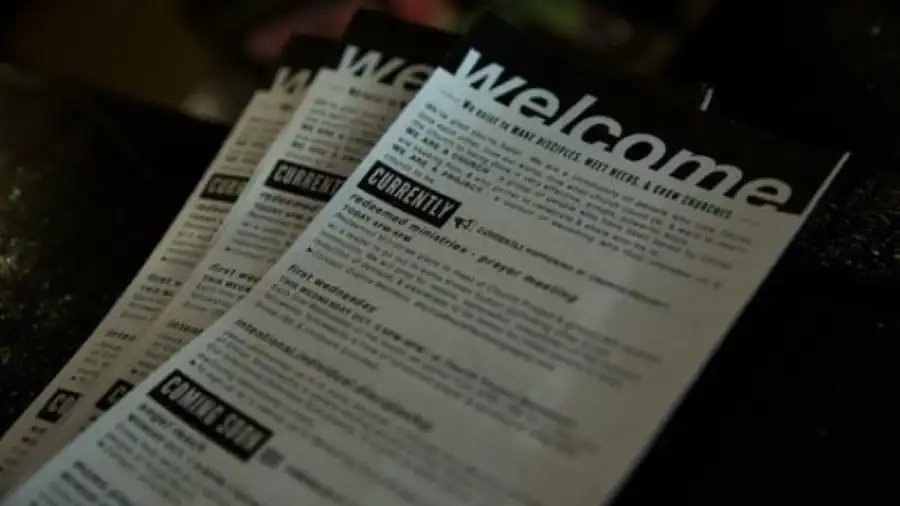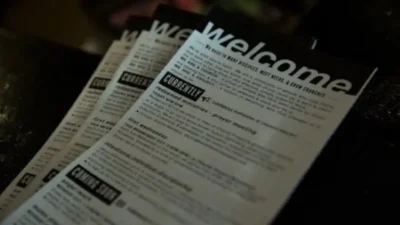A new national study, Jesus in America, was released in March 2022 in a partnership between The Episcopal Church and Ipsos. The research found that while the majority of Americans polled believe Jesus was an important spiritual figure and want equality in society, it also showed Christians are not necessarily practicing what Jesus taught, and Americans feel judged when talking about their beliefs.
The study also found that the global pandemic has negatively impacted participation in organized religion — or religious activity — and more people are finding spiritual fulfillment in nature. In addition, while the church has been a place of community and non-judgment, some Americans feel that churches that discuss racism and slavery are acting with the wrong intentions.
Research data showed:
- The majority of Americans (84%) believe Jesus is an important spiritual figure and want their children to grow up in a world where everyone is treated equally (86%).
- Christians describe themselves as being giving (57%), compassionate (56%), loving (55%), respectful (50%) and friendly (49%), while non-Christians associate Christians with characteristics like hypocrisy (50%), being judgmental (49%), self-righteousness (46%), and arrogance (32%).
- The COVID-19 pandemic has decreased participation in organized religion or religious activities for about 3 in 10 Americans (31%).
- Younger Americans are more likely to say they are not religious (Gen Z 24% and Millennials 28%) than their older counterparts (Gen X 18% and Baby Boomers 12%).
- Contrary to popular narrative, only 1 in 10 (11%) Americans believe that the events at the U.S. Capitol on Jan. 6, 2021, were associated with organized religion. A majority, 63% of Americans, do not think the events are associated with religion, and 25% don’t know/refused.
“We are encouraged that the research shows Americans still find Jesus compelling, but we also see that the behavior of many of his followers is a problem, and it’s not just certain Christians: it’s all Christians,” said Episcopal Church Presiding Bishop Michael Curry. “This is a wake-up call for us, and based on what we have learned, we are refocusing our efforts on being a church that looks and acts like Jesus and models its behavior on his teachings. In this process, we hope to ignite a revival of love that encourages all Americans to do a better job of loving their neighbors.”
The Jesus in America study was a survey conducted using the probability-based KnowledgePanel. A total of 3,119 Americans, ages 18 and older, across a range of religions (Christian, non-Christian, atheist, and agnostic) participated in the study between Nov. 22, 2021, and Dec. 2, 2021. Interviews were conducted in English and Spanish. The study has a margin of error of +/- 2.0 percentage points at the 95% confidence level.
For more information and the full range of results from the Jesus in America study, visit https://www.episcopalchurch.org/jesus-in-america/.

Bulletin inserts
These weekly bulletin inserts provide information about the history, music, liturgy, mission, and ministry of The Episcopal Church. For more information, please contact us at stw@episcopalchurch.org.

Sermons That Work
For more than 20 years, Sermons That Work, a ministry of The Episcopal Church’s Office of Communication, has provided free sermons, Bible studies, bulletin inserts, and other resources that speak to congregations across the Church. Our writers and readers come from numerous and varied backgrounds, and the resources we provide are used in small house churches, sprawling cathedrals, and everything between.

Church of the Redeemer
Church of the Redeemer: Worshiping God, living in community, and reaching out to the world around us. We are an Episcopal Church serving north King County and south Snohomish County, Washington. As you travel your road, go with friends walking the way of Jesus at Redeemer.
Church of the Redeemer is at 6210 Northeast 181st Street in Kenmore, Washington. The campus is a short distance north of Bothell Way, near the Burke-Gilman Trail. The entrance looks like a gravel driveway. The campus is larger on the inside than it is on the outside. And we managed to hide a large building on the side of a hill that is not easily seen from the street.
The Episcopal Church welcomes you.



